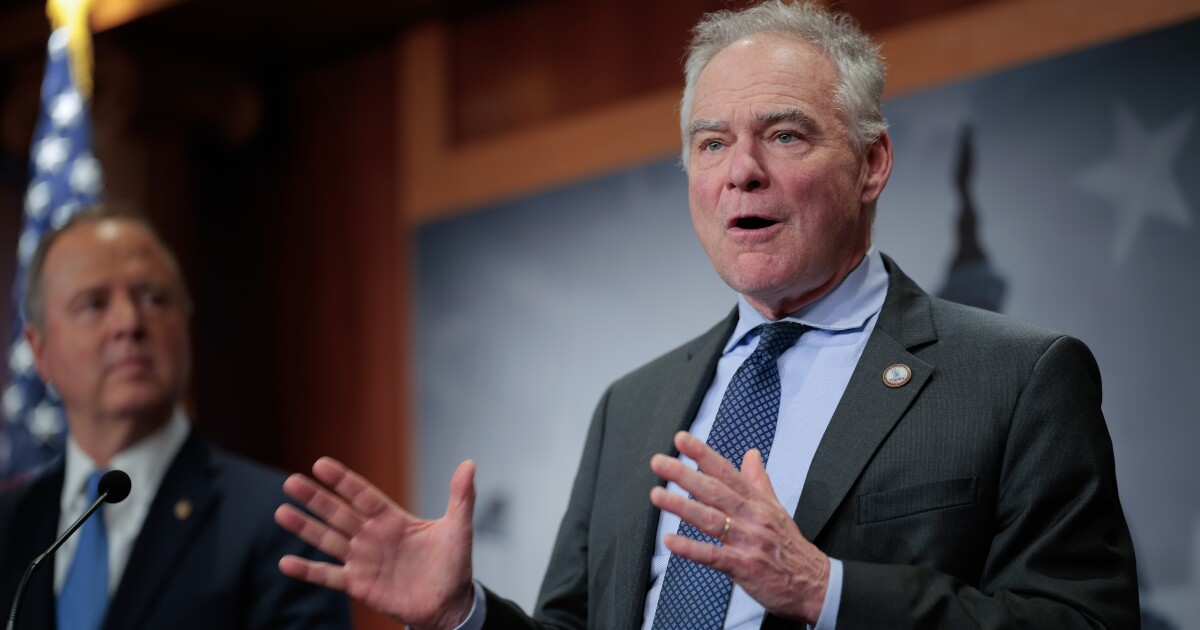Recent trends indicate a shift in mental health care among American adults, with an increasing number opting for talk therapy. This change, as revealed by a new study in the American Journal of Psychiatry, coincides with a decrease in the exclusive use of psychiatric medications.
In a significant transition, the study observed that psychotherapy’s role in outpatient mental health care has grown markedly. “We’re seeing that during this time, this increase represents a period where psychotherapy is assuming a more important role,” commented Dr. Mark Olfson, a leading psychiatrist at Columbia University.
Between 2018 and 2021, the proportion of adults receiving psychotherapy rose from 6.5% to 8.5%, equating to an increase from approximately 16.5 million to nearly 22 million individuals. This upward trend marks a departure from the past when talk therapy usage had either stagnated or decreased while psychiatric medication prescriptions climbed.
Dr. Olfson notes that since the late 1990s, there had been a growing reliance on medications like Prozac and other SSRIs for outpatient care. However, his team’s findings suggest a reversal in this trend; from 2018 to 2021, those using only medication dropped from 67.6% to 62.1%. Simultaneously, there was a rise in patients receiving exclusively talk therapy, particularly among those dealing with depression, anxiety, and related disorders.
Moreover, the study highlights an encouraging development: more patients are continuing with therapy after beginning treatment, reflected in an increase in the number of yearly visits. According to Olfson, this suggests that psychotherapy has become more accessible and that awareness of its benefits has grown. Dr. Jessi Gold, chief wellness officer at the University of Tennessee System, adds that greater familiarity with therapy processes has made people more open to participating in them.
Telehealth’s Role in Expanding Access
The COVID-19 pandemic era’s expansion of telehealth services is another factor contributing to the increased access to talk therapy. Dr. Gold remarks, “I think telehealth did increase access for people who might not have had any access to a therapist in their particular location or times.”
The study also identifies a diversification in the types of professionals providing therapy. In addition to psychiatrists and psychologists, licensed counselors and social workers are increasingly involved, allowing for more innovative care models. “When you have a demand and a need for access, creative models come into play,” says Gold.
Challenges in Accessibility
Despite these advances, disparities in access remain. Dr. Olfson points out that those benefiting most from increased therapy access tend to be more affluent, often with higher education, private insurance, and urban residency. This highlights the ongoing need to improve mental health care accessibility for individuals with fewer resources.
According to the National Institute of Mental Health, the most recent national survey indicates that only about half of all Americans with any mental illness received care in the prior year.
Copyright 2025 NPR
—
Read More Michigan News










